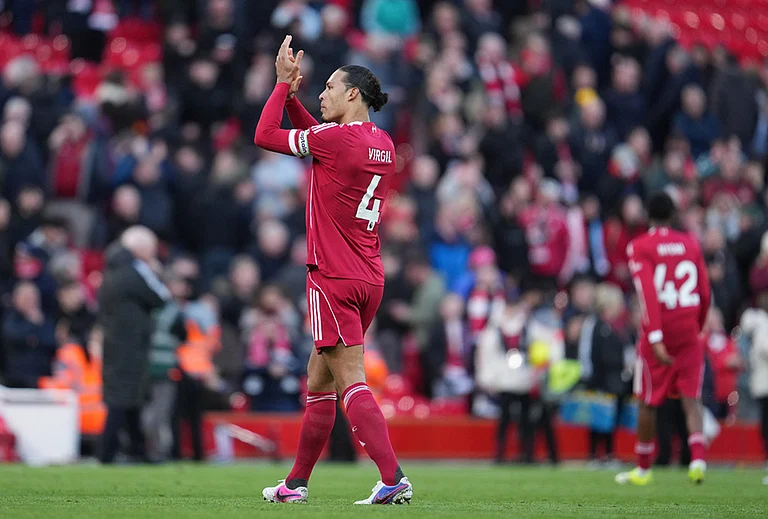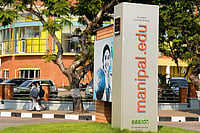The last fortnight has seen much debate in the mainstream media on the issue of net neutrality. In an unprecedented display of activism, over 7 lakh Indian consumers have written to the Telecom Regulatory Authority of India, making it abundantly clear that they will oppose the move of private telecom operators becoming gatekeepers of the internet. The unequivocal message from Indian netizens is that the internet must remain accessible, fair and open.
The 118-page-long consultation report titled ‘Regulatory Mechanism for Over The Top Services’ is testimony to the TRAI’s disastrous handling of the consultation process—ridden with inherent assumptions and absurd statements that completely betray the regulator’s bias. It’s a pity that the TRAI paper did not adopt a more broad-based approach in drafting the report on such an important subject, and instead chose to use confusing language that caused a restricted conceptualisation of net neutrality.
It is crucial to note, however, that the regulator is only empowered to make recommendations to the government under Section 11 of the TRAI Act, and that the final, official position of the government of India will be articulated by the department of telecommunications, and finally the Telecom Commission.
With the telecom minister announcing the setting up of a committee of the DoT, the focus now shifts from the regulator to the government. It is now up to the ministry of communications and information technology to ensure that the issue of net neutrality is examined in a holistic manner. The leadership must adopt a comprehensive, 360-degree approach to study and articulate all issues pertaining to net neutrality, including consumer interest and access issues, commercial interests and investments, technical issues, legal issues impacting the rights of various stakeholders, and safety and privacy concerns amongst others. The TRAI report did not as such consider several important questions in its examinations, and as a result all stakeholders—citizens, industry, the government—have suffered enormously.
The TRAI chairman’s comments characterising the net neutrality debate as a case of corporate rivalry also must be pursued. The government must direct the TRAI chairman to disclose any such information he possesses, along with any evidence. This is vital to ensure that allegations of conspiracy do not deflect focus from the real issues during this very important debate that will determine the future of the internet in India. The government’s view shall represent a watershed moment for Digital India. It is therefore crucial that the government is swift in making a response, at the same time ensuring the robustness of their examination, findings and decisions. This is the only way that the government’s vision for Digital India will be realised.
Member of Parliament & technology entrepreneur; E-mail your columnist: rajeev.c [AT] nic [DOT] in

























